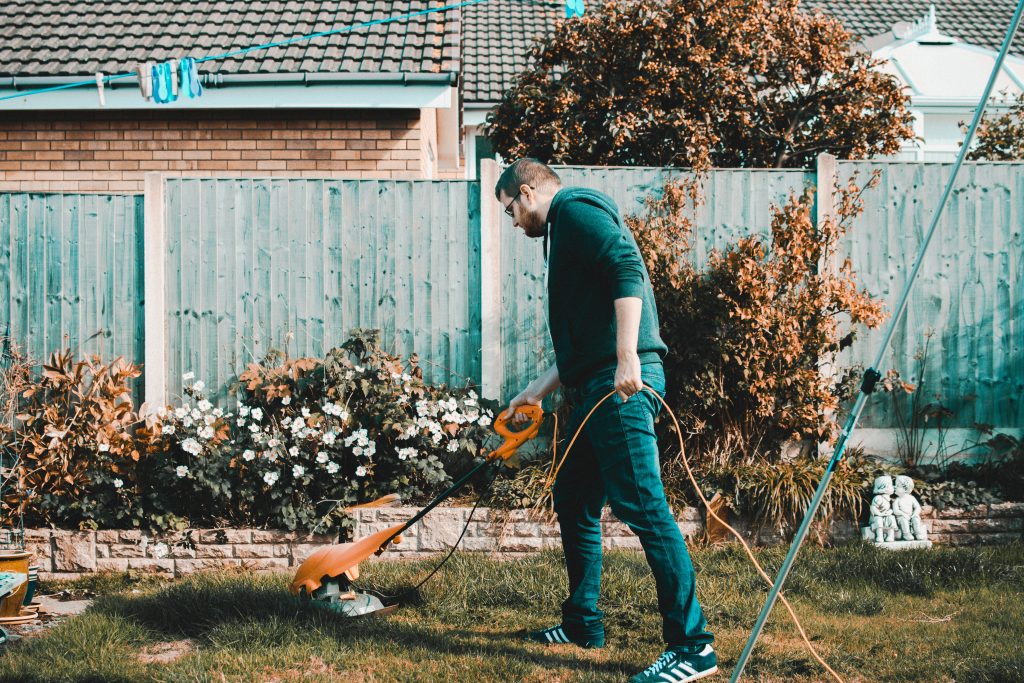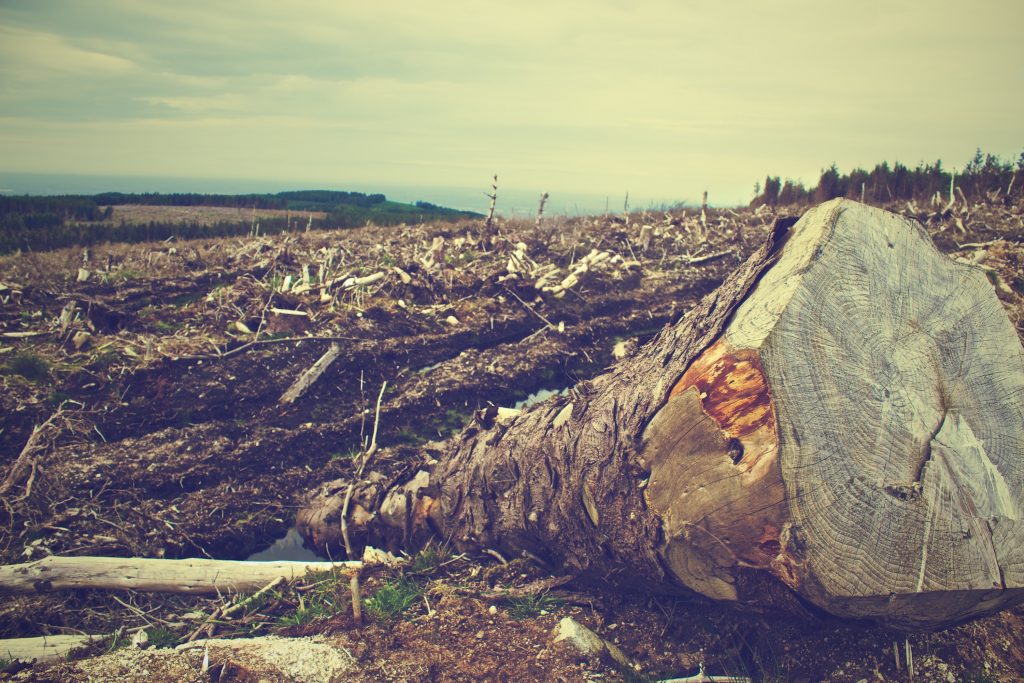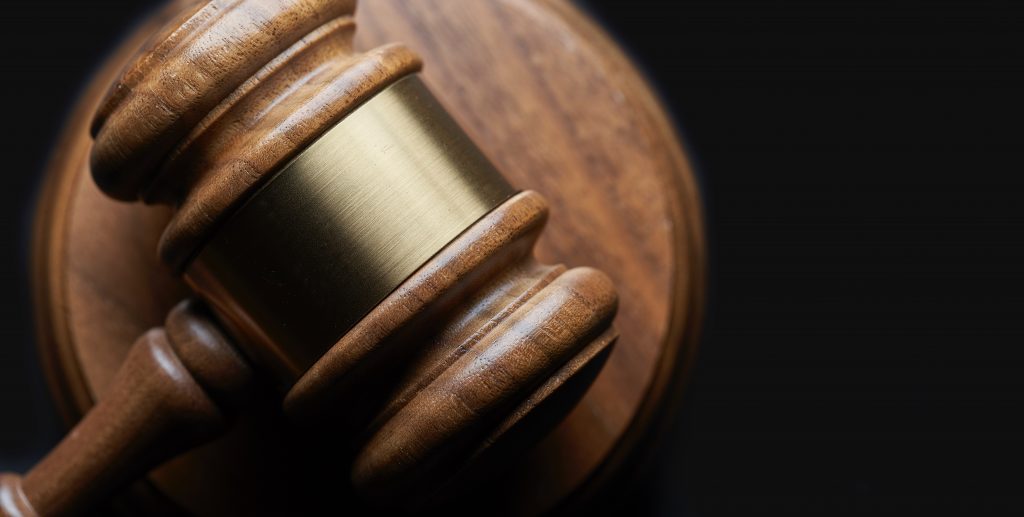 Opinions vary on the principles of trickle-down economics, but on December 15, 2015 the United States Court of Appeals for the Fifth Circuit issued an opinion which affirmed a lower court summary judgement decision for Northwestern State University to take down economics, along with one of its tenured professors.
Opinions vary on the principles of trickle-down economics, but on December 15, 2015 the United States Court of Appeals for the Fifth Circuit issued an opinion which affirmed a lower court summary judgement decision for Northwestern State University to take down economics, along with one of its tenured professors.
In 1994, Robert C. Jones III (“Mr. Jones”) was hired as an economics instructor at Northwestern State University (“NSU”) and later gained tenure as an associate professor. Neither his education nor his instruction could have prepared him for the state enacted public university budget cuts that cost Mr. Jones his job as a result of the Great Recession of 2008. On July 22, 2010, the administrative representatives for NSU sent Mr. Jones a letter to notify him of the end of the economics concentration and his tenure. Following the notice, Mr. Jones presented a seven-page document to a committee of NSU faculty members outlining his arguments against the notice to end his tenure. The committee subsequently rejected Mr. Jones arguments unanimously. A year later, Mr. Jones filed a lawsuit seeking reinstatement and damages against NSU and argued that the university denied his procedural and substantive due process rights. The university raised a defense of sovereign immunity, while the administrative official claimed qualified immunity. The United States District Court for the Western District of Louisiana granted these immunities along with NSU’s motion for summary judgment. Mr. Jones appealed the decision to the Fifth Circuit, which ultimately affirmed the lower court’s judgment.
The Fourteenth Amendment of the United States Constitution states that no state shall “deprive any person of life, liberty, or property without due process of law.” Procedurally, due process includes adequate notice as well as the opportunity to be heard. Due process becomes less clear to define, so courts often rely on case law, which is comparable to the present situation.
 Louisiana Personal Injury Lawyer Blog
Louisiana Personal Injury Lawyer Blog


 When a lawsuit fails, there are certain situations where the party who brought the failed lawsuit is responsible for the costs to the other party. Where that line is drawn is generally based on a judge’s discretion and views on the reasonability of those costs. Without excellent attorney work, procedural and legal roadblocks may make it impossible for a court to award the fees that a party should be entitled to. That was the case for three dentists after winning a lawsuit against a Baton Rouge plaintiff.
When a lawsuit fails, there are certain situations where the party who brought the failed lawsuit is responsible for the costs to the other party. Where that line is drawn is generally based on a judge’s discretion and views on the reasonability of those costs. Without excellent attorney work, procedural and legal roadblocks may make it impossible for a court to award the fees that a party should be entitled to. That was the case for three dentists after winning a lawsuit against a Baton Rouge plaintiff. If you get hurt due to someone else’s negligence and they agree to cover the costs, how much time do you have to sue for damages? According to Louisiana’s Second Circuit Court of Appeal, you have one year from when the injury occurred or when prescription is interrupted. Typically, prescription refers to land rights, but in Mr. Bethley’s case, it concerns the defendant’s agreement to pay his medical bills.
If you get hurt due to someone else’s negligence and they agree to cover the costs, how much time do you have to sue for damages? According to Louisiana’s Second Circuit Court of Appeal, you have one year from when the injury occurred or when prescription is interrupted. Typically, prescription refers to land rights, but in Mr. Bethley’s case, it concerns the defendant’s agreement to pay his medical bills. Accidents can come from the most unexpected of circumstances and result in life altering consequences. Here, a man suffered severe injuries while driving to the local convenience store to purchase a cup of coffee, when a rotten tree from a resident’s yard fell and struck his vehicle.
Accidents can come from the most unexpected of circumstances and result in life altering consequences. Here, a man suffered severe injuries while driving to the local convenience store to purchase a cup of coffee, when a rotten tree from a resident’s yard fell and struck his vehicle. When representing clients, attorneys walk a fine line between providing adequate services for their clients and being potentially sued by their clients for legal malpractice. While there are legitimate cases of malpractice among attorneys, there are also allegations of malpractice that simply lack merit and are based upon anger from a dissatisfied client.
When representing clients, attorneys walk a fine line between providing adequate services for their clients and being potentially sued by their clients for legal malpractice. While there are legitimate cases of malpractice among attorneys, there are also allegations of malpractice that simply lack merit and are based upon anger from a dissatisfied client.  When you think of an interrogation, you may think of a cold, plain room. You can imagine the two-way mirror and the rough metal chairs. You’re probably picturing some menacing looking criminal across from a police officer. It’s likely a high-pressure situation, and one party clearly holds most of the power. The police officer is calling the shots, asking all of the right questions, and knows all of the protocols. But what if it was another officer sitting across from them in the interrogation room?
When you think of an interrogation, you may think of a cold, plain room. You can imagine the two-way mirror and the rough metal chairs. You’re probably picturing some menacing looking criminal across from a police officer. It’s likely a high-pressure situation, and one party clearly holds most of the power. The police officer is calling the shots, asking all of the right questions, and knows all of the protocols. But what if it was another officer sitting across from them in the interrogation room? Litigation must come to an end so that parties to a lawsuit can go on with their normal lives. The court system also needs to move on to assist others in settling their disputes. This is a fundamental concept of our justice system. This also encourages courts to deal with cases in an efficient manner so that cases should not drag on unnecessarily. There are several ways in which cases can come to an end. One way is through abandonment. If you file a lawsuit and do nothing about it until three years, that lawsuit will be considered abandoned. In this case, the Fifth Court of Appeal of Louisiana considered a situation where this rule applies.
Litigation must come to an end so that parties to a lawsuit can go on with their normal lives. The court system also needs to move on to assist others in settling their disputes. This is a fundamental concept of our justice system. This also encourages courts to deal with cases in an efficient manner so that cases should not drag on unnecessarily. There are several ways in which cases can come to an end. One way is through abandonment. If you file a lawsuit and do nothing about it until three years, that lawsuit will be considered abandoned. In this case, the Fifth Court of Appeal of Louisiana considered a situation where this rule applies. State of Emergency conditions and evacuations seem to have become increasingly more common in this state over the years. Floods, hurricanes, and other extreme weather conditions can force a whole neighborhood to relocate for a few weeks. At times the evacuation protocols remain voluntary, meaning you may stay in your home at your own risk. Residents choose to weather the storm for a number of reasons, be it to avoid an expensive relocation or to protect their property from looters. Whatever the reason you stay behind, be aware that a State of Emergency prompts law enforcement to be more vigilant in their safety patrols.
State of Emergency conditions and evacuations seem to have become increasingly more common in this state over the years. Floods, hurricanes, and other extreme weather conditions can force a whole neighborhood to relocate for a few weeks. At times the evacuation protocols remain voluntary, meaning you may stay in your home at your own risk. Residents choose to weather the storm for a number of reasons, be it to avoid an expensive relocation or to protect their property from looters. Whatever the reason you stay behind, be aware that a State of Emergency prompts law enforcement to be more vigilant in their safety patrols. Trials are decided solely upon the evidence presented. A judge cannot read a book on the subject, or do extraneous research on the internet, to aid her decision-making process. In this case, the Defendant claimed that the judge did just that, by calling a city official to confirm some data. The appellate court thought otherwise. So, what do you do when you feel as if the Judge made a decision unfairly?
Trials are decided solely upon the evidence presented. A judge cannot read a book on the subject, or do extraneous research on the internet, to aid her decision-making process. In this case, the Defendant claimed that the judge did just that, by calling a city official to confirm some data. The appellate court thought otherwise. So, what do you do when you feel as if the Judge made a decision unfairly? In the Parish of Plaquemines in Louisiana, the oyster business can be quite profitable. Anywhere in the state, land can be a method of maintaining a person’s livelihood, whether it be through oil, tourism, or even an oyster lease. When a person with valuable land passes away, especially if that person is your relative, you may be curious as to how the death will affect claims to the land and its profits. One family found out when the courts were forced to interpret the law of community property as it relates to oyster leases.
In the Parish of Plaquemines in Louisiana, the oyster business can be quite profitable. Anywhere in the state, land can be a method of maintaining a person’s livelihood, whether it be through oil, tourism, or even an oyster lease. When a person with valuable land passes away, especially if that person is your relative, you may be curious as to how the death will affect claims to the land and its profits. One family found out when the courts were forced to interpret the law of community property as it relates to oyster leases.